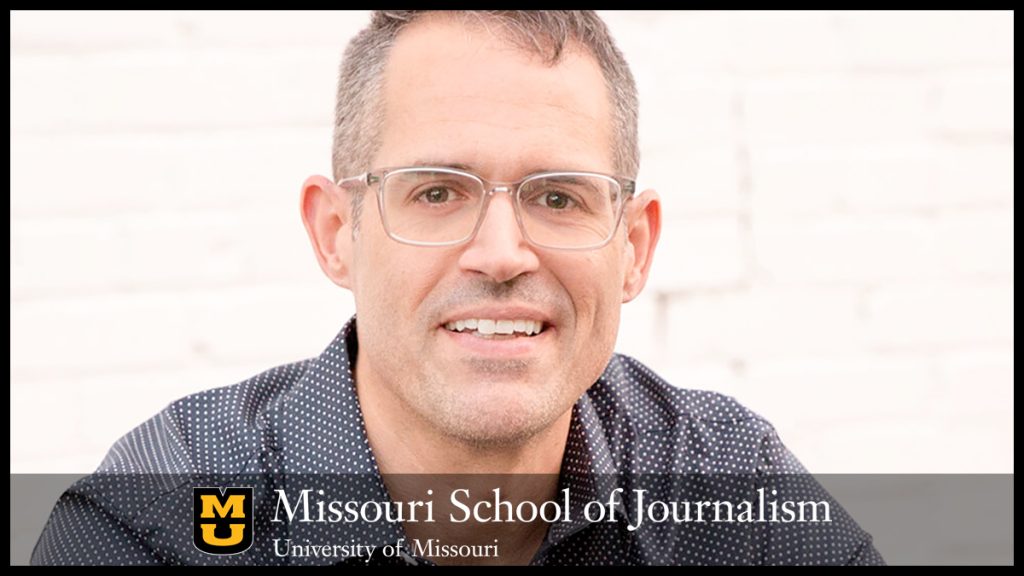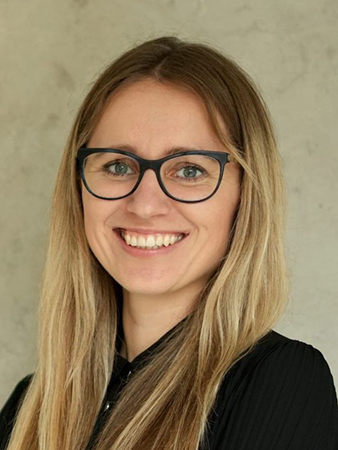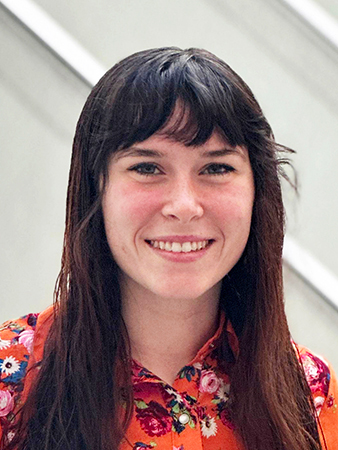Jared Schroeder and team at Missouri School of Journalism protect free speech in journalism with updated legal guide, research

Jared Schoeder
COLUMBIA, Mo. (Aug. 14, 2025) — The Reporters Committee for Freedom of the Press (RCFP) has published 12 new entries in its anti-SLAPP legal guide, which informs news organizations on how to deal with frivolous, malicious lawsuits that seek to silence or discourage free speech.
The entries were researched and crafted by Missouri School of Journalism Associate Professor Jared Schroeder and his team of undergraduate, master’s and doctoral students, with the help of a $5,000 grant from the Society of Professional Journalists and support from the School of Journalism’s Reynolds Journalism Institute (RJI).
Only 38 states and the District of Columbia currently have laws protecting journalists and others from SLAPP lawsuits (Strategic Lawsuits Against Public Participation), which attempt to weaponize the court system to intimidate individuals or organizations into silence with expensive, time-consuming defamation claims. The new entries cover the states that lack such laws, offering insights drawn from relevant cases into potential legal protections or avenues of defense — though the team also completed updated entries for all 50 states, which will ultimately be published as part of a new “Public Policy and Journalism” section on RJI’s website.
In addition to SLAPP information, the section will include a comprehensive look at efforts in state legislatures to help support journalism.
“This is a great example of three organizations working together to defend against a real threat to the freedom of expression of journalists and publishers,” Schroeder said. “And not only does this help inform news organizations, but it has also allowed students to get research experience. I love that this important issue brought all those pieces together.”
Balancing the scales
For the students, the work didn’t stop after the entries were completed. Doctoral student Živilė Raškauskaitė and Skye Lucas, MA ’25, co-authored a research paper examining trends in anti-SLAPP legislation, which has seen a notable uptick in recent years as states have striven to update existing laws or add new ones where none existed.
The paper — which was presented at the Association for Education in Journalism and Mass Communication’s Southeast Colloquium earlier this year — explored how those states have approached the problem of accounting for unbalanced power dynamics that allow large corporations or individuals to silence those with fewer resources.
“We were interested in power dynamics in general and how these anti-SLAPP laws define who can or should be protected in public discourse,” Raškauskaitė said.
A key insight in the paper relates to the marketplace of ideas, a concept formalized in Supreme Court rulings that expanded free speech protections. The marketplace of ideas suggests the best ideas will win out when free expression remains unchecked, but Raškauskaitė and Lucas found that anti-SLAPP laws are increasingly including exemptions that narrow their scope of protection, often to prevent their misuse by those with more power. Some states bar anti-SLAPP laws from being used in sexual assault cases or those involving bodily harm, for example, as a defendant could use the law to try to quickly shut down the case.
The result is a more complex picture of a free speech environment in the U.S. that recognizes some regulation might be necessary to preserve fair and open free expression.
“We have very extensive freedom of speech in the U.S., and there is this Supreme Court conversation that the marketplace of ideas should not be regulated at all,” Raškauskaitė said. “But these anti-SLAPP laws try to regulate it a little bit and recognize the different power dynamics.”
A rising consensus
Some of the momentum behind including these exemptions has come from the Uniform Public Expression Protection Act (UPEPA), model anti-SLAPP legislation that has been enacted in 12 states and introduced in 10 others. But while UPEPA does specify some exemptions, states such as Kentucky and Pennsylvania have added additional exemptions, as have states with anti-SLAPP laws that don’t follow UPEPA.
Lucas, who will soon start a post-graduation fellowship at PBS Frontline, said there is growing recognition that a hands-off approach to free speech can actually make it easier for bad actors to suppress and censor certain types of speech.
“You can’t define a power imbalance just by looking at who is filing a lawsuit,” Lucas said. “You need to look at what is being said as well. No one should be filing an anti-SLAPP claim to silence a victim of sexual assault. So giving more detail and guidance to the courts is really important.”
Important, too, are the details and guidance conveyed to news organizations in states without anti-SLAPP laws. With these most recent updates to the RCFP’s anti-SLAPP legal guide and the associated research, Schroeder hopes to not only offer practical information to vulnerable publishers but draw further attention to the plight of journalism in states where the court system can be wielded to shut down important stories.
“Basically, we’re saying someone in Mississippi or Alabama has fewer speech rights than in Kentucky because they don’t have a mechanism to get the SLAPP shut down,” Schroeder said. “There is a whole block in the South and in the upper Midwest that doesn’t have these laws. That is a threat that crosses political boundaries. Free speech is non-partisan, and we need to protect it.”
Updated: August 14, 2025

